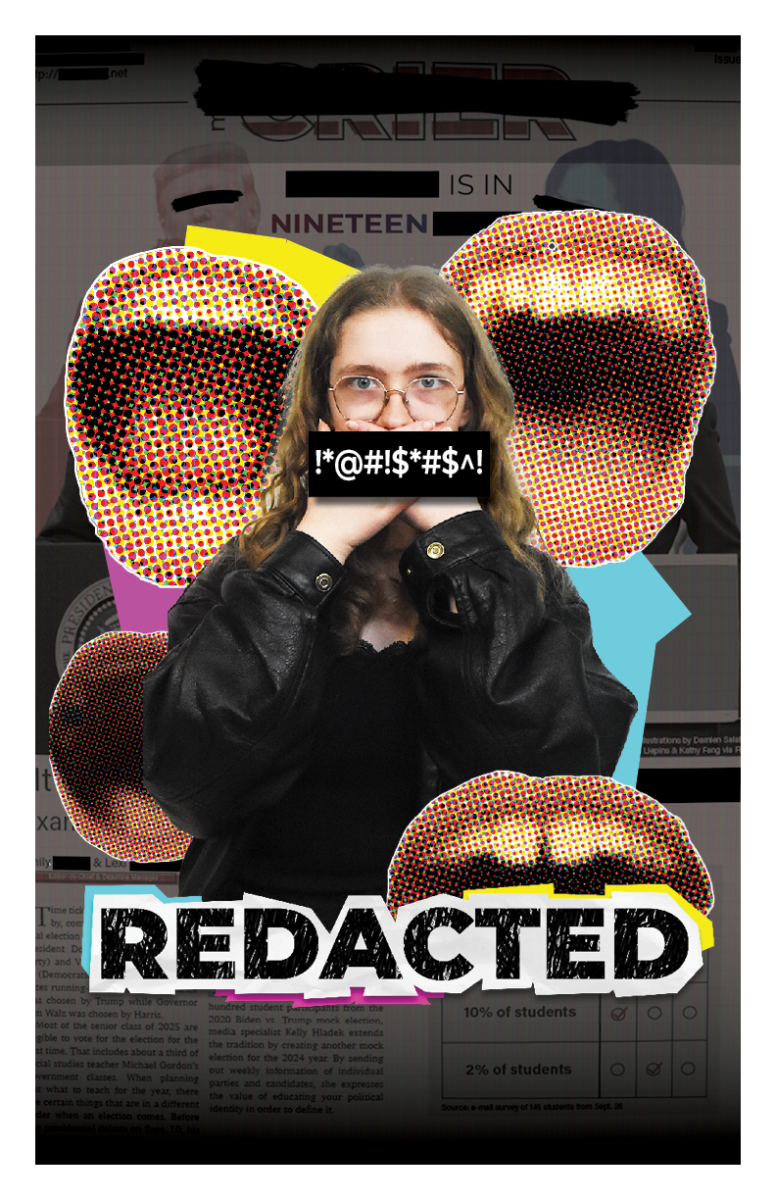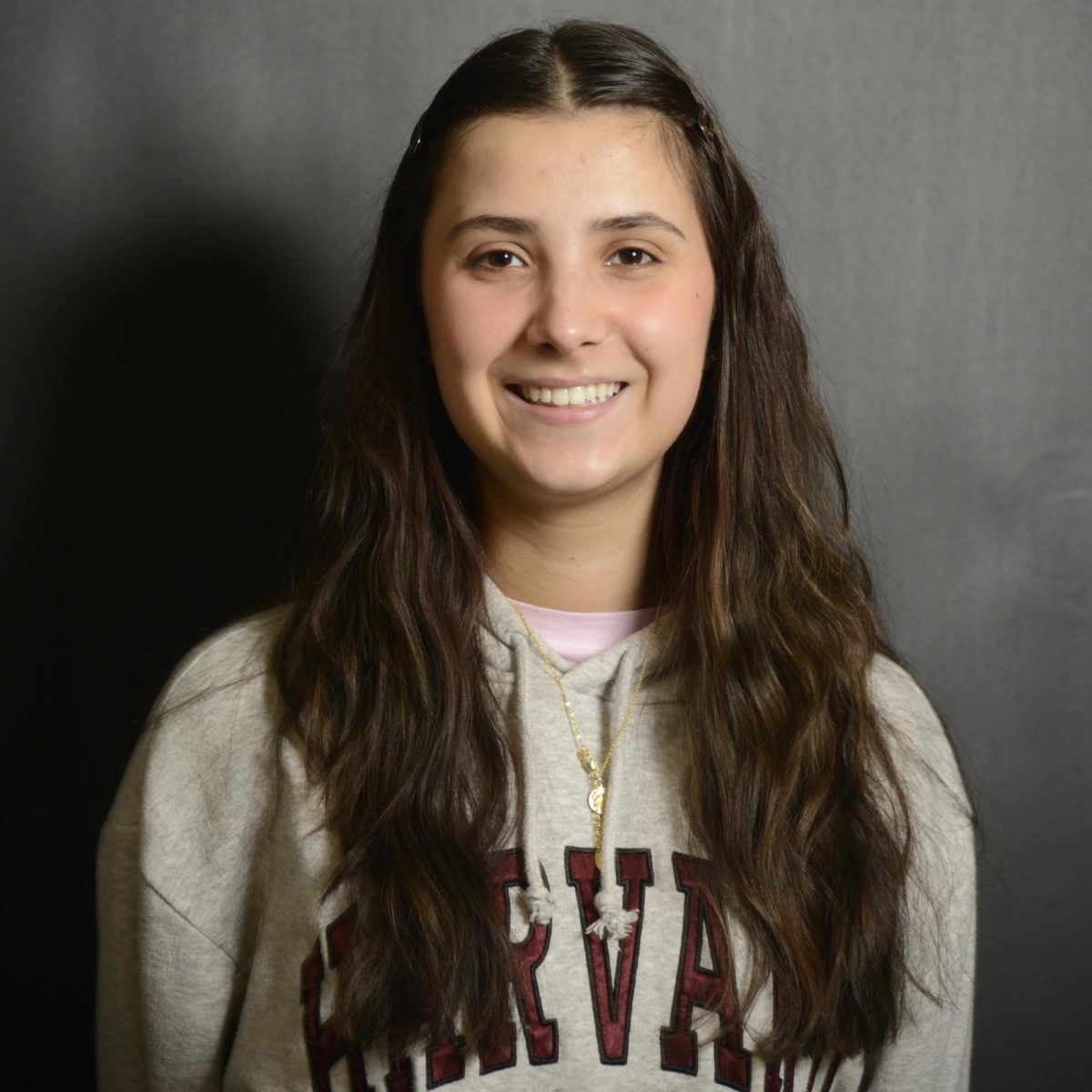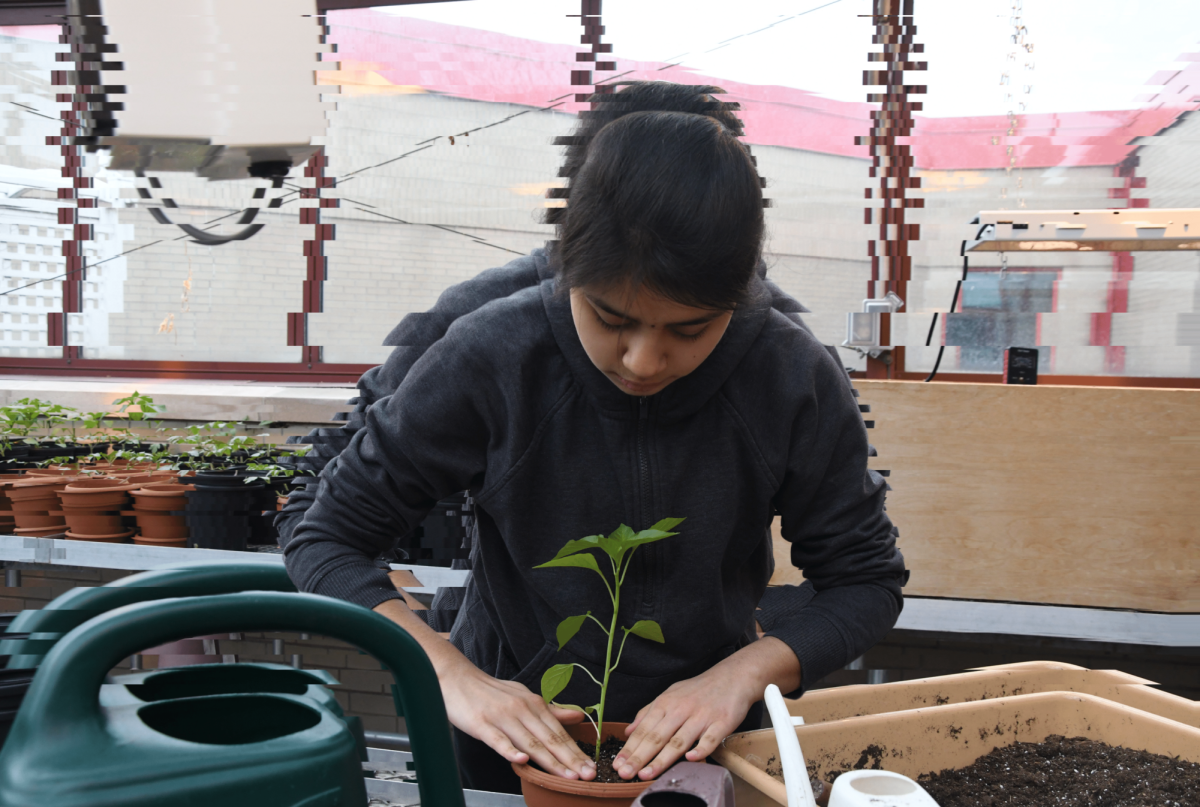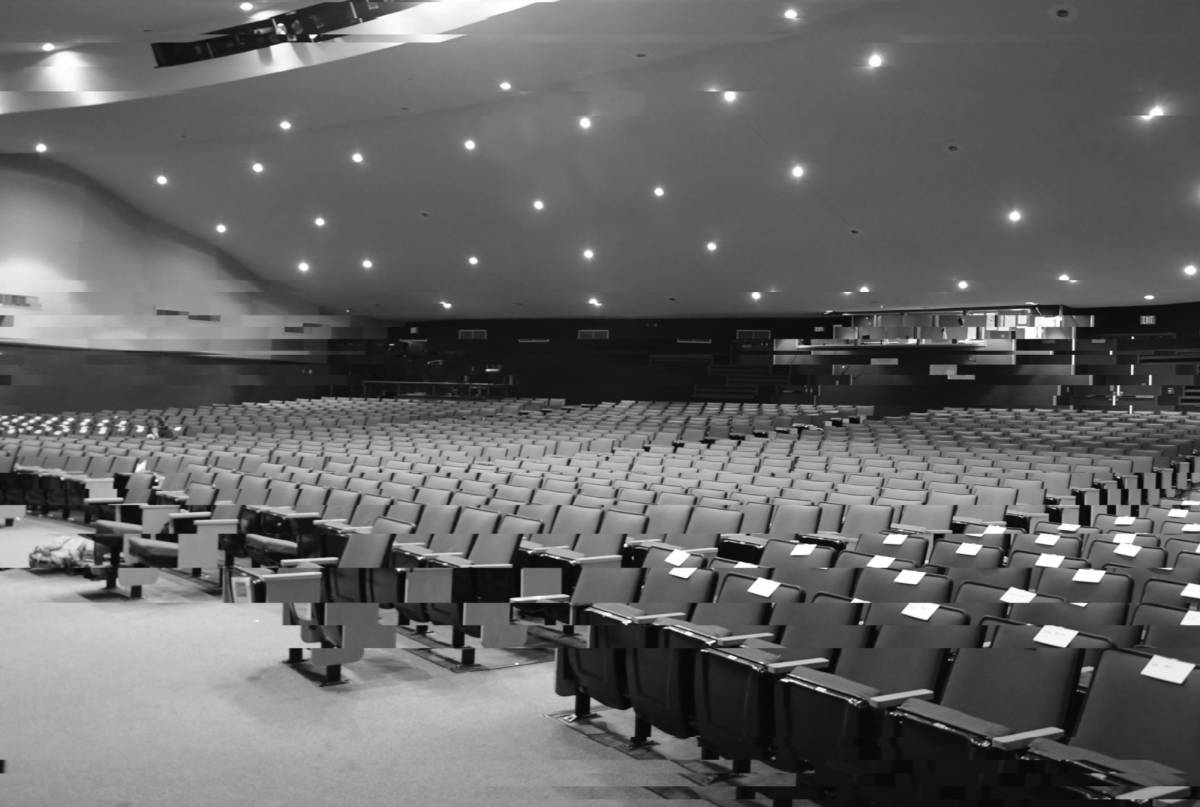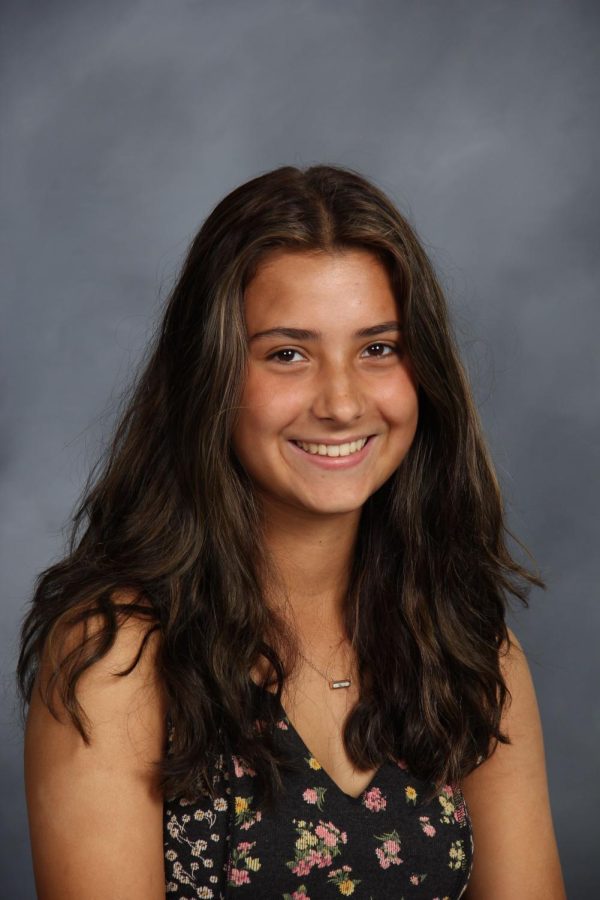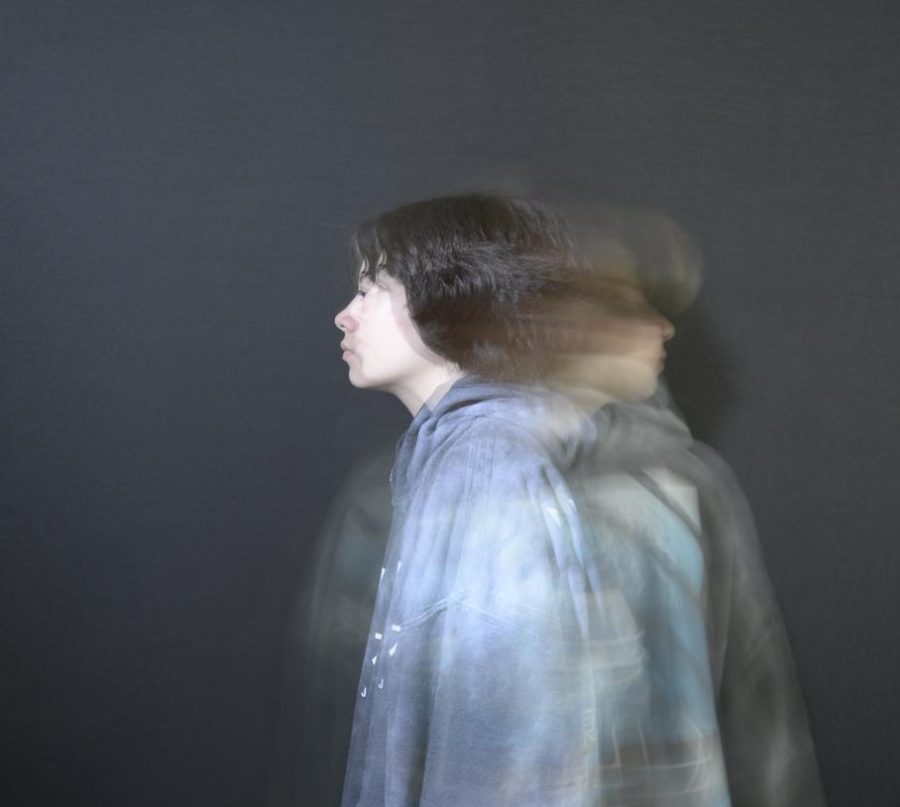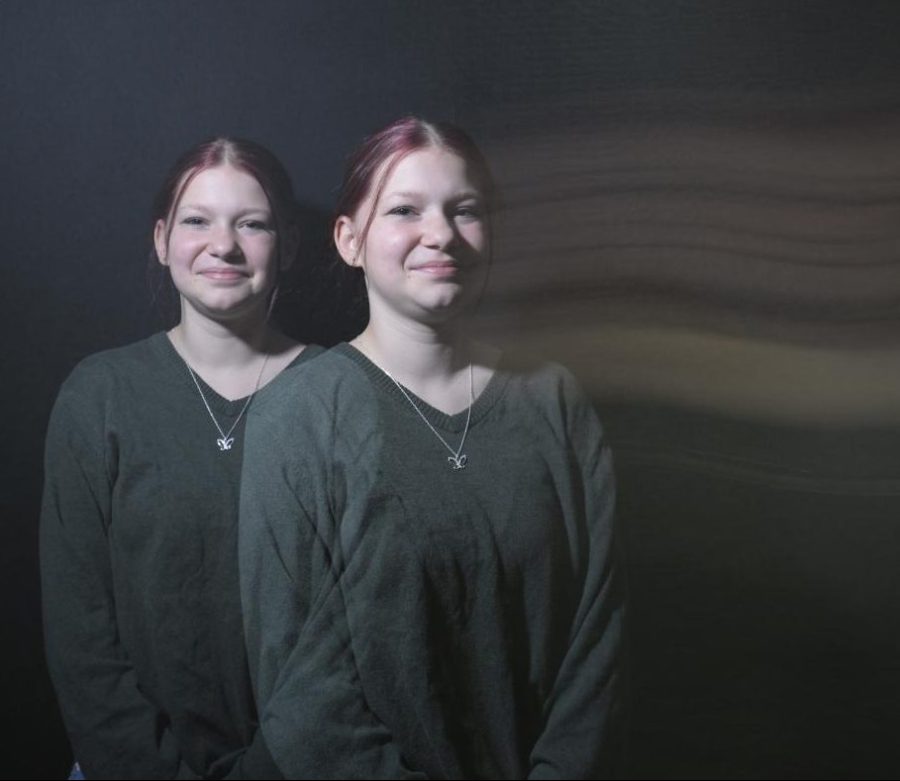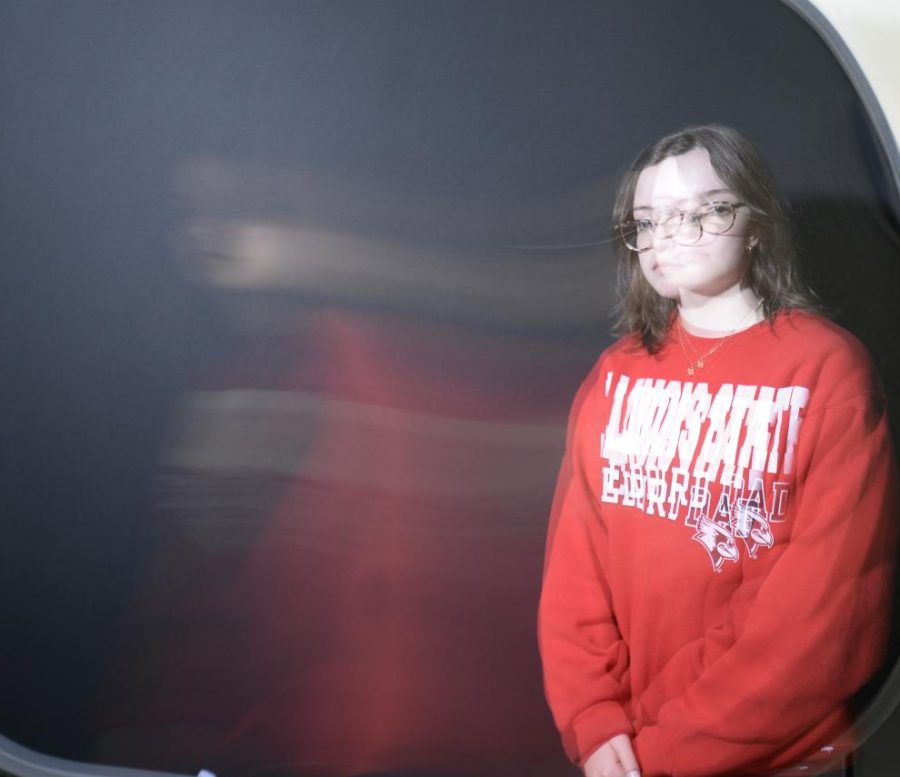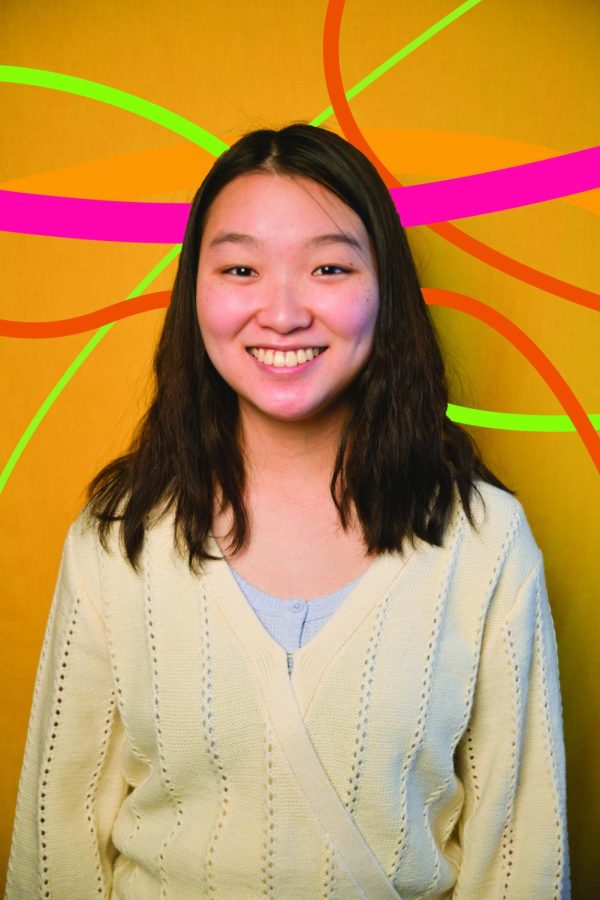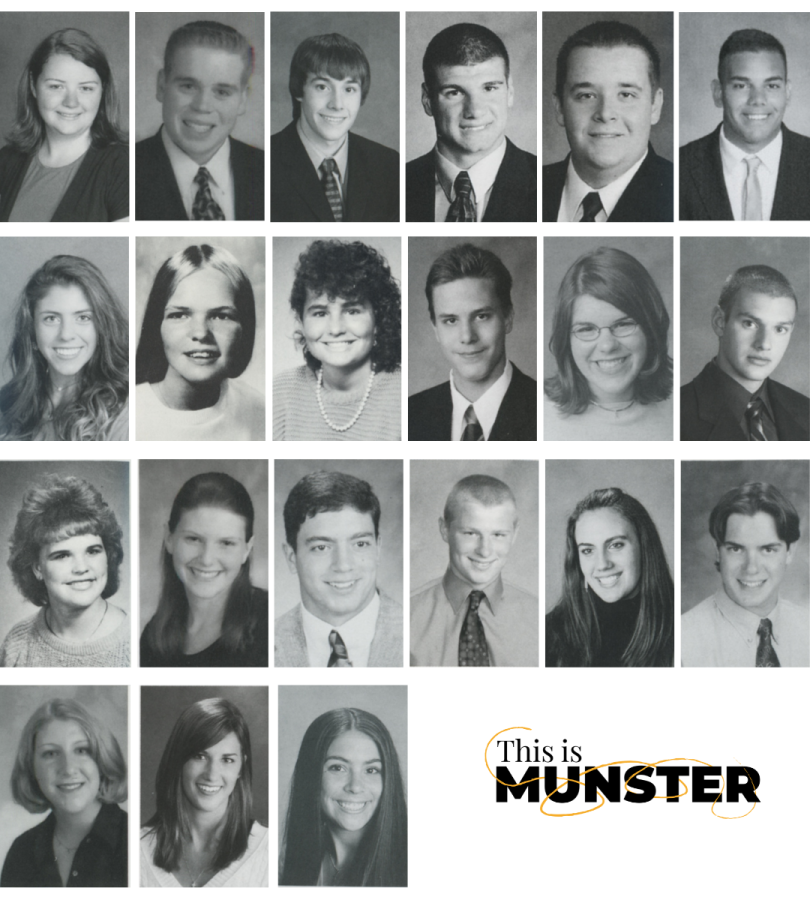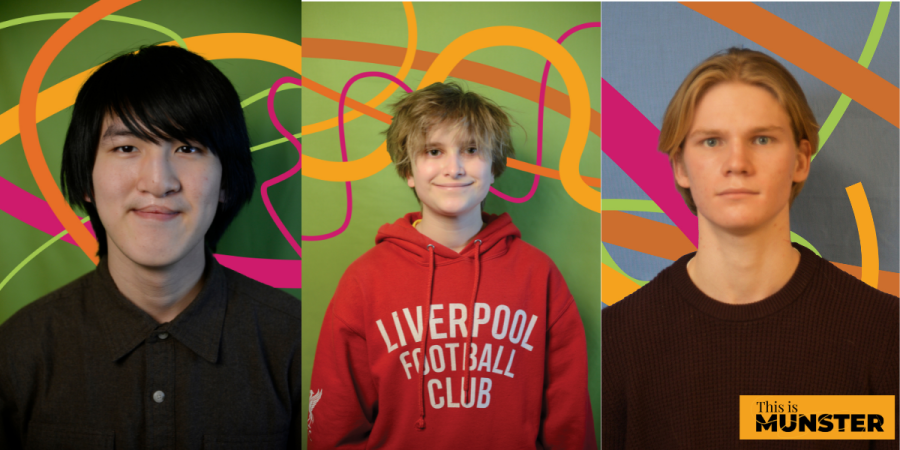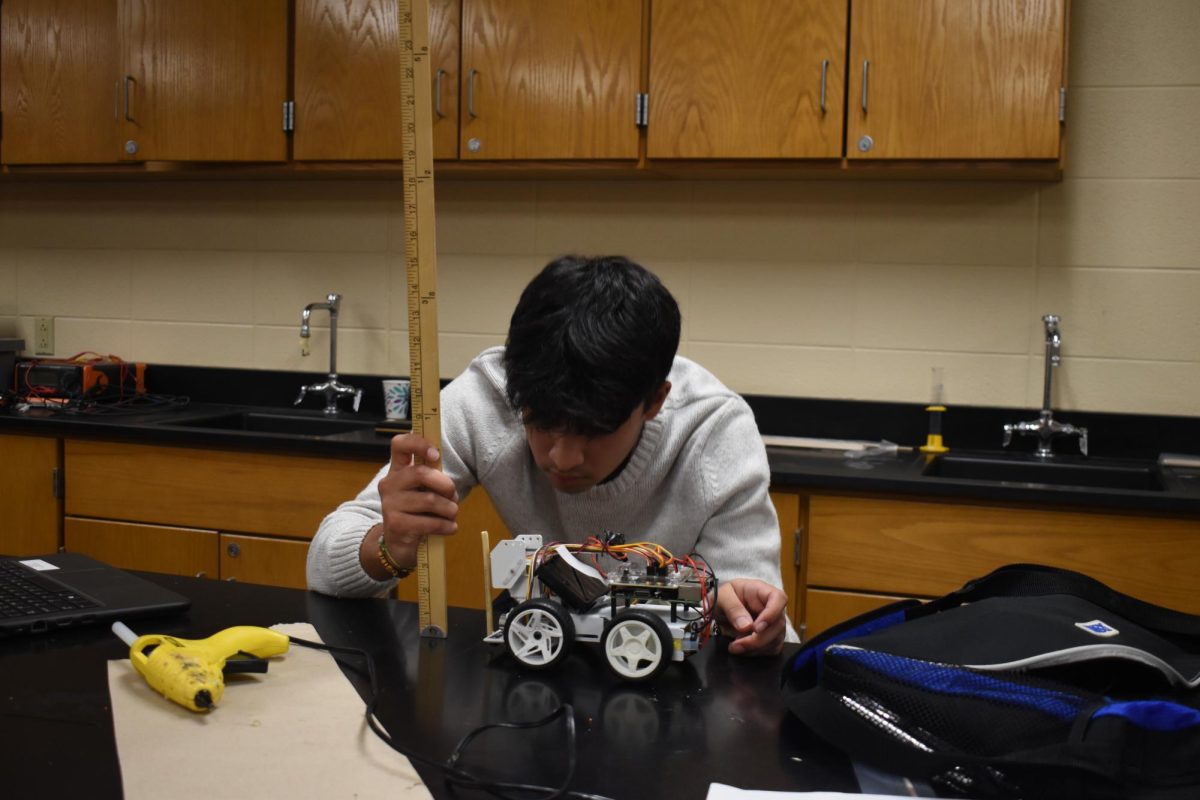Meeting in Mr. Koszut’s room after school, Science Olympiad members split up into their own specialties to take tests, build robots, test out previous experiments and gather as much information as they can for their competition reference sheets for their Jan. 27 competition.
Science Olympiad is a collective science competition team that competes in 23 specific specialties such as anatomy, physiology and build events.
“It’s like if science is a sport, that’s the best way I can put it,” Simon Nirenberg, senior and captain, said. “You compete against one another in the events in an Olympiad style format. It’s not like an overall score, it’s about ranking.”
At a Science Olympiad competition, members take written exams, have build events, hybrid events and lab events with their two or three member team. Preparation for a wide range of events can vary.
“There’s a lot of practice,” Simon said. “You strategize with your partners on areas you can focus on and ways you can work together because it really is a team sport, if you want to call it a sport.”
Students take timed practice exams before the real exam, take data on their projects, create a reference sheet for their contests, do practice labs and tweak their projects to work as well as possible. Testing helps build competitors confidence in their projects.
“It’s a lot of trial and error,” Femi Ololade, senior and captain, said. “Sometimes your build might break. Sometimes it might break in a competition but, you know, it’s part of the process.”
According to Femi, bad competitions can happen sometimes and recovery, which can be “as simple as studying or practicing,” is an important part of the process in order to do their best at the next one.
“I’ve listened to years of tests from the top tournaments, like MIT, and I would be grinding all those problems,” Alex Tu, junior and captain, said.
To clear up misconceptions about Science Olympiad, Femi said, “A lot of people think that in Science Olympiad you have to be a genius. “That’s not the case at all, like you don’t have to be the smartest kid at reciting something, it’s more about the work you put in.”

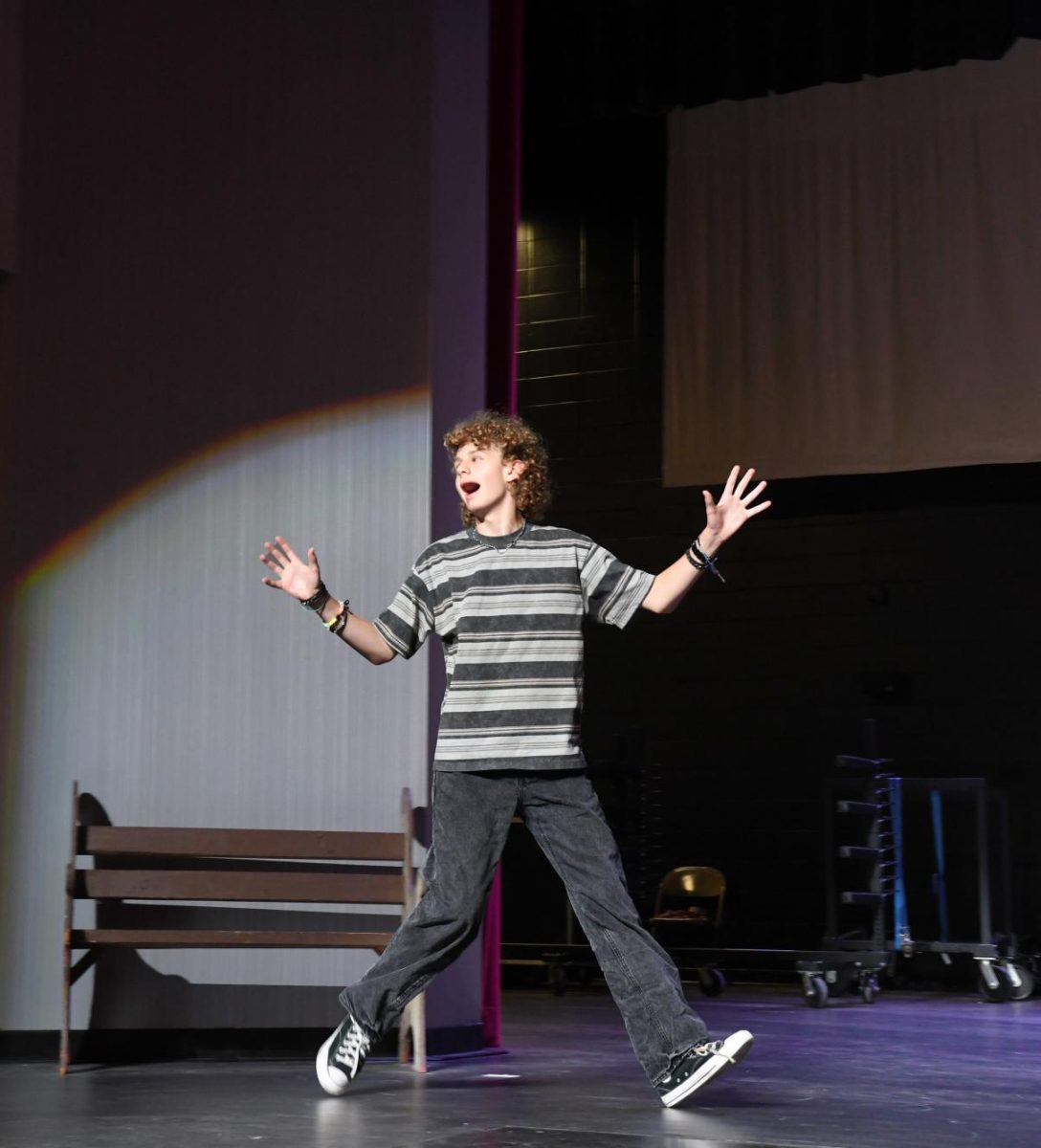


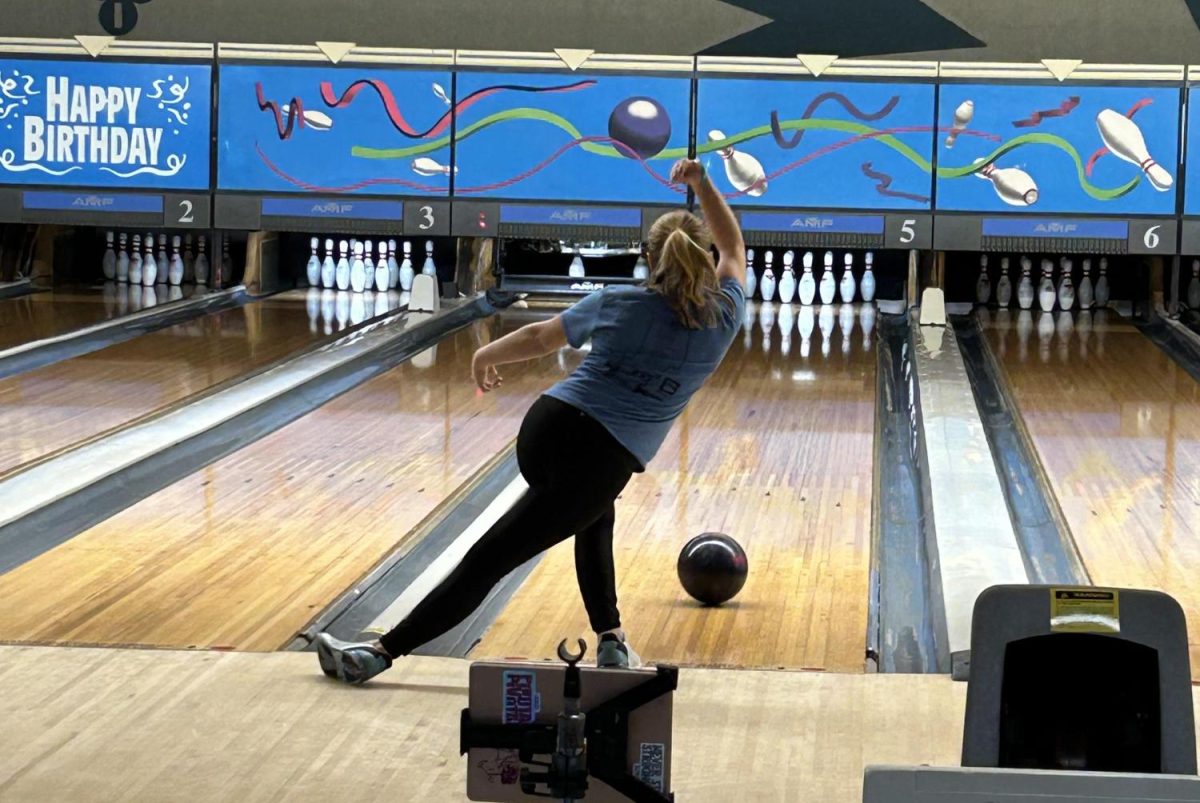
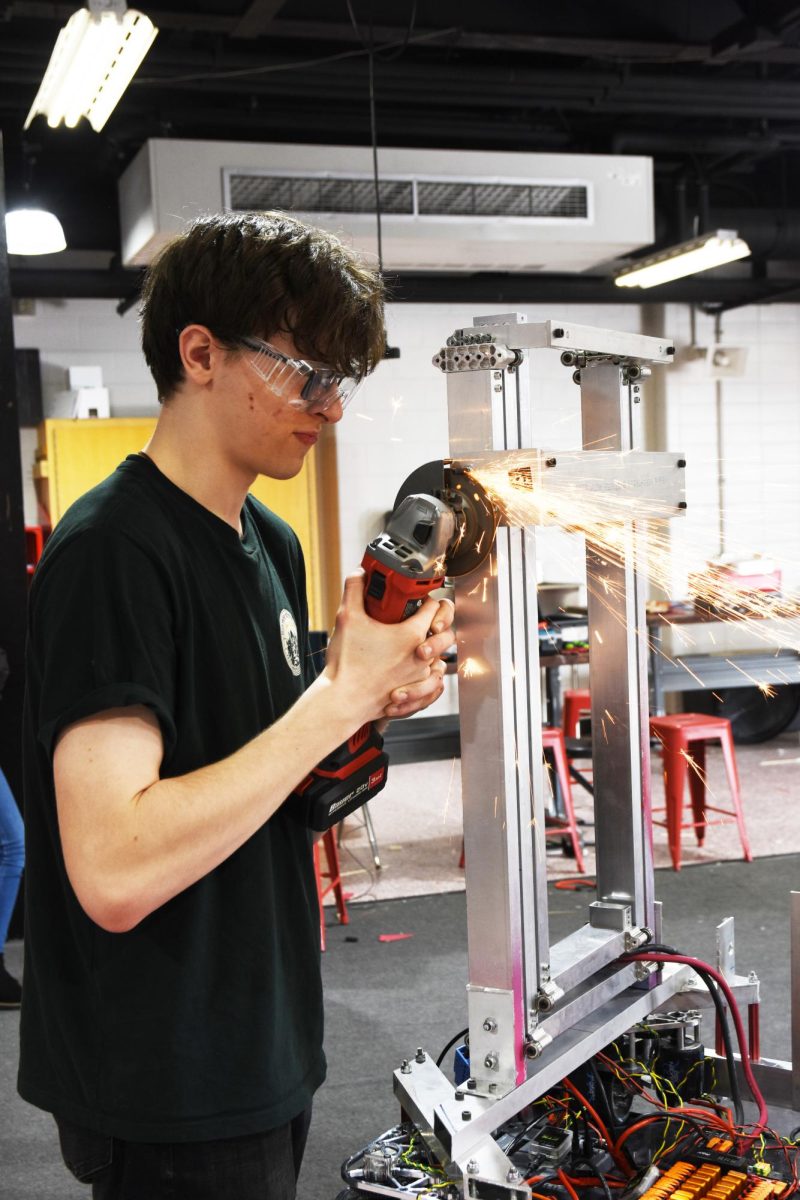


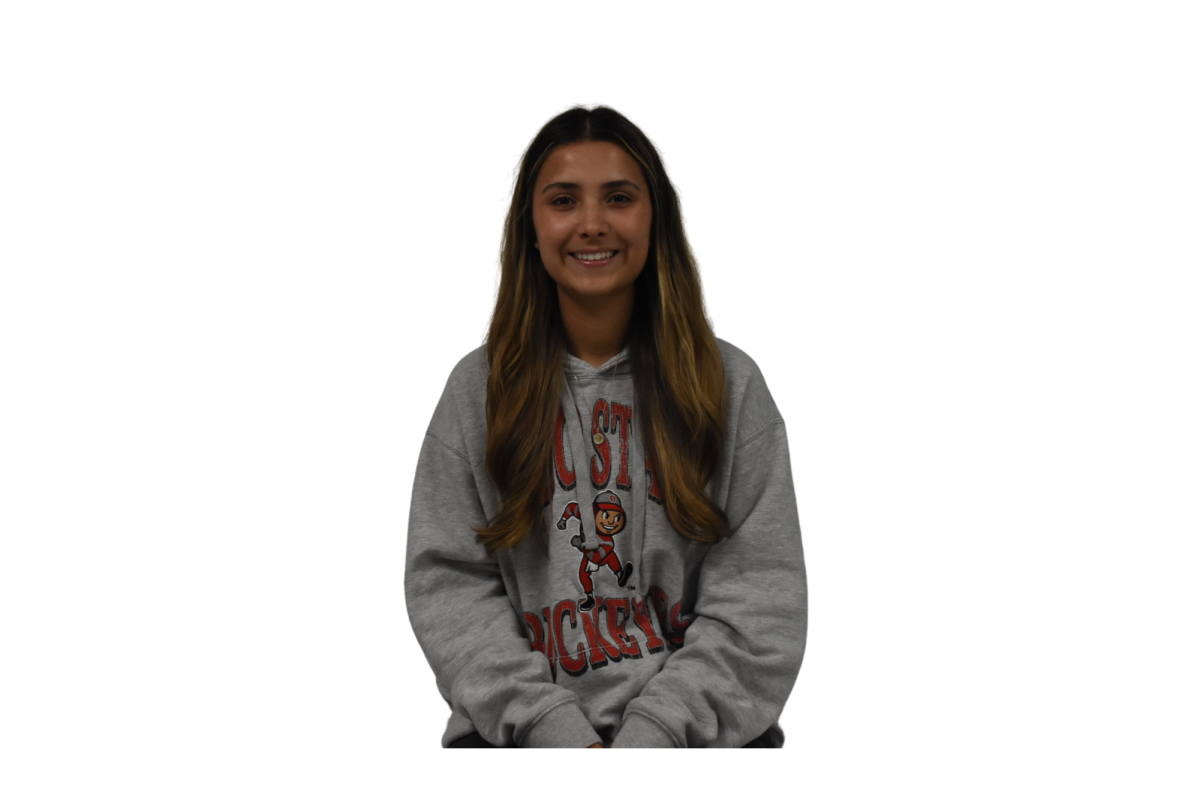


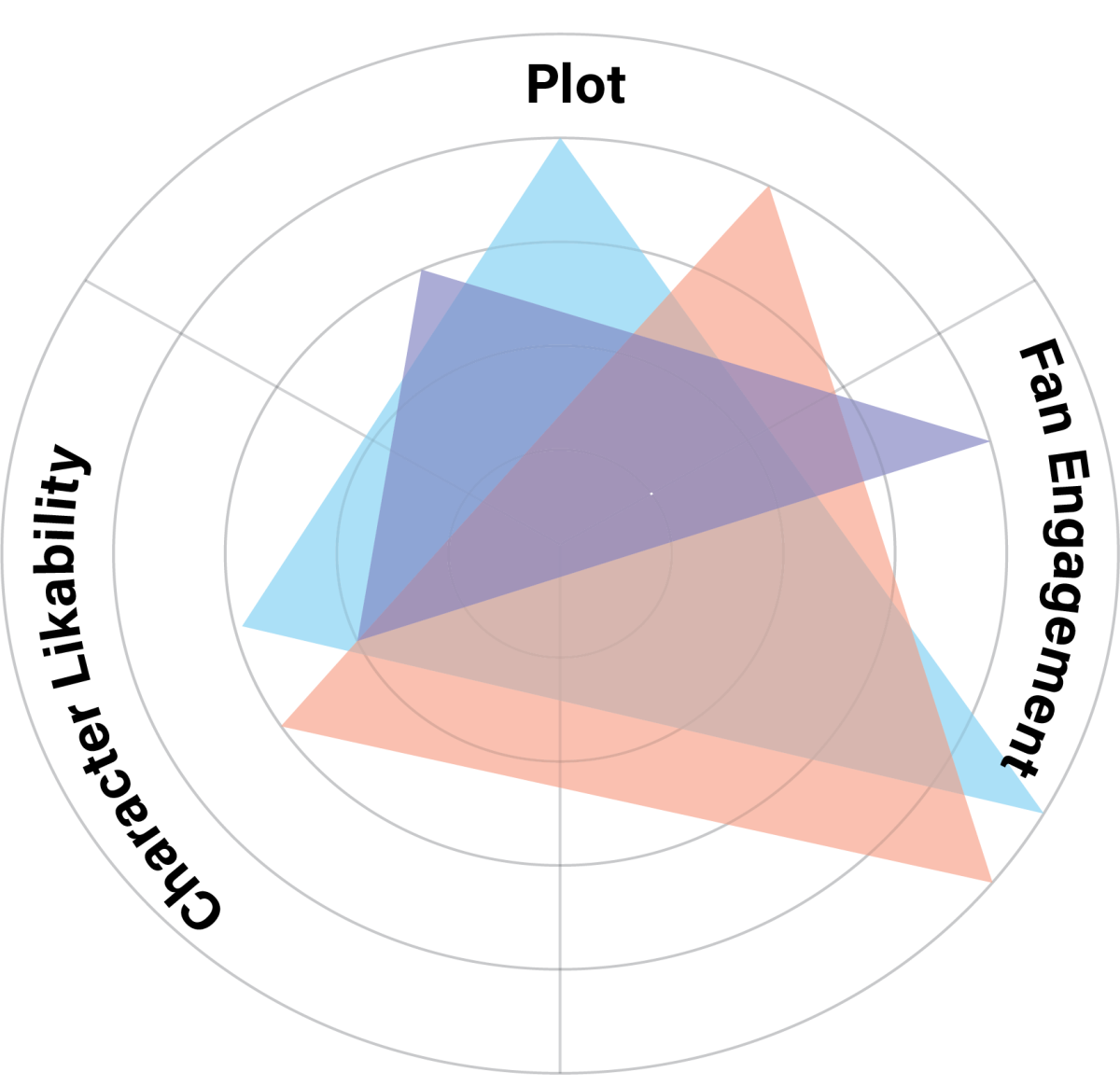



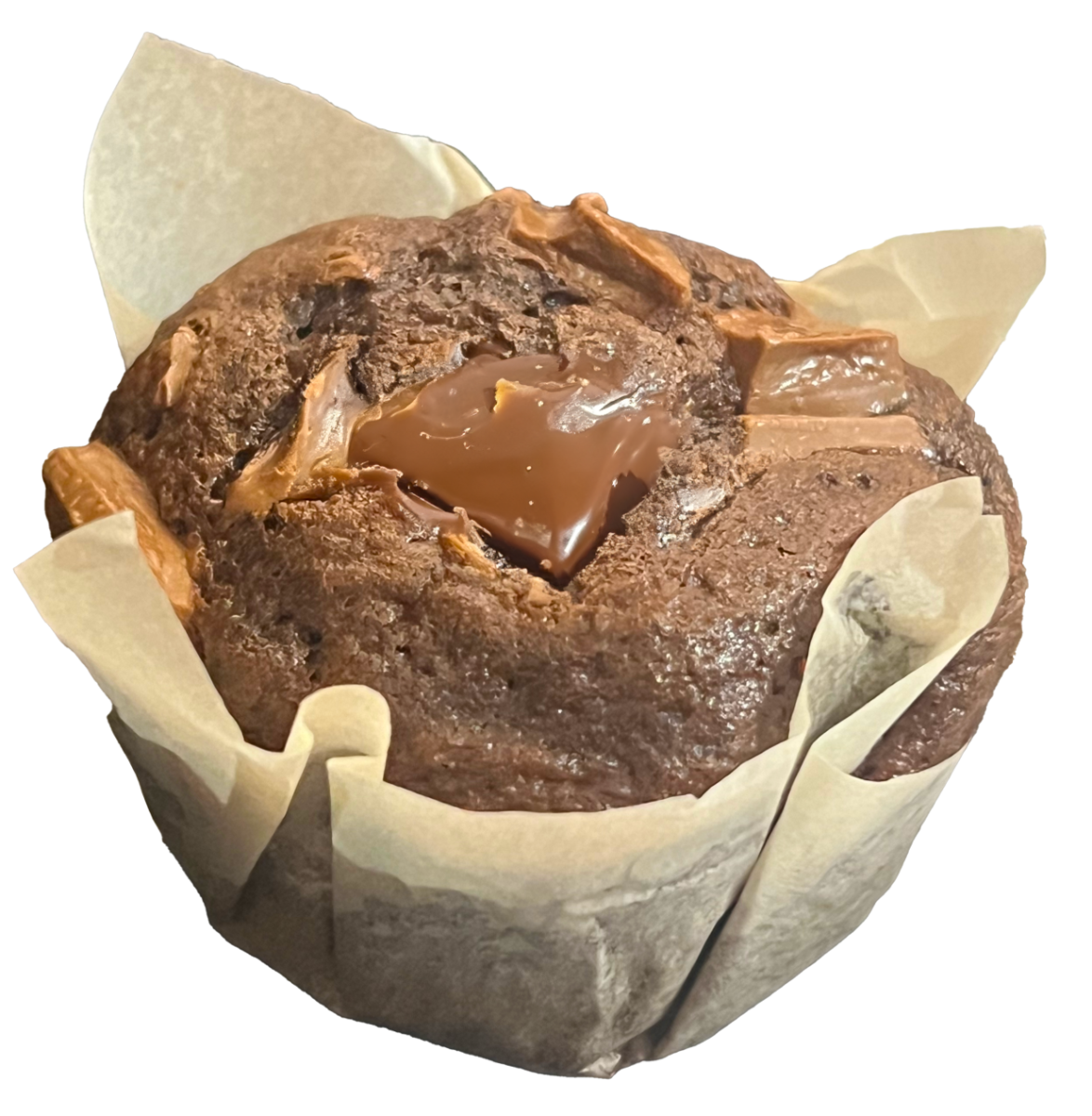
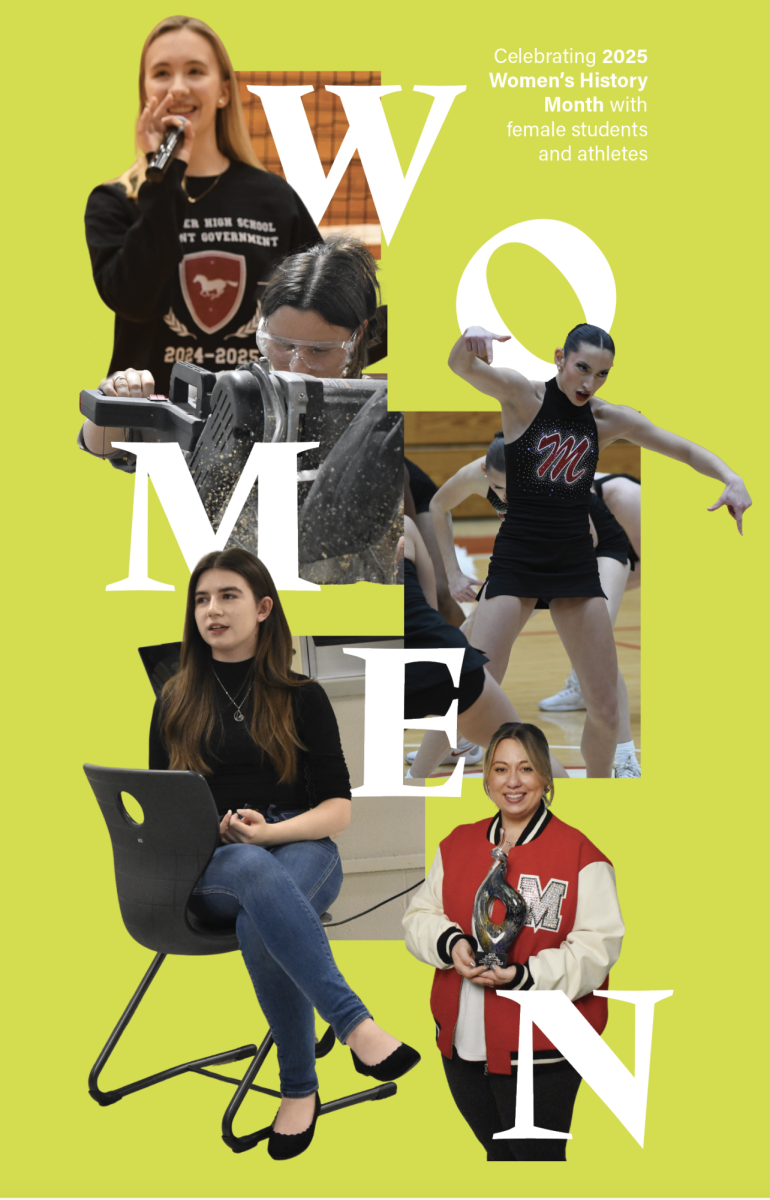
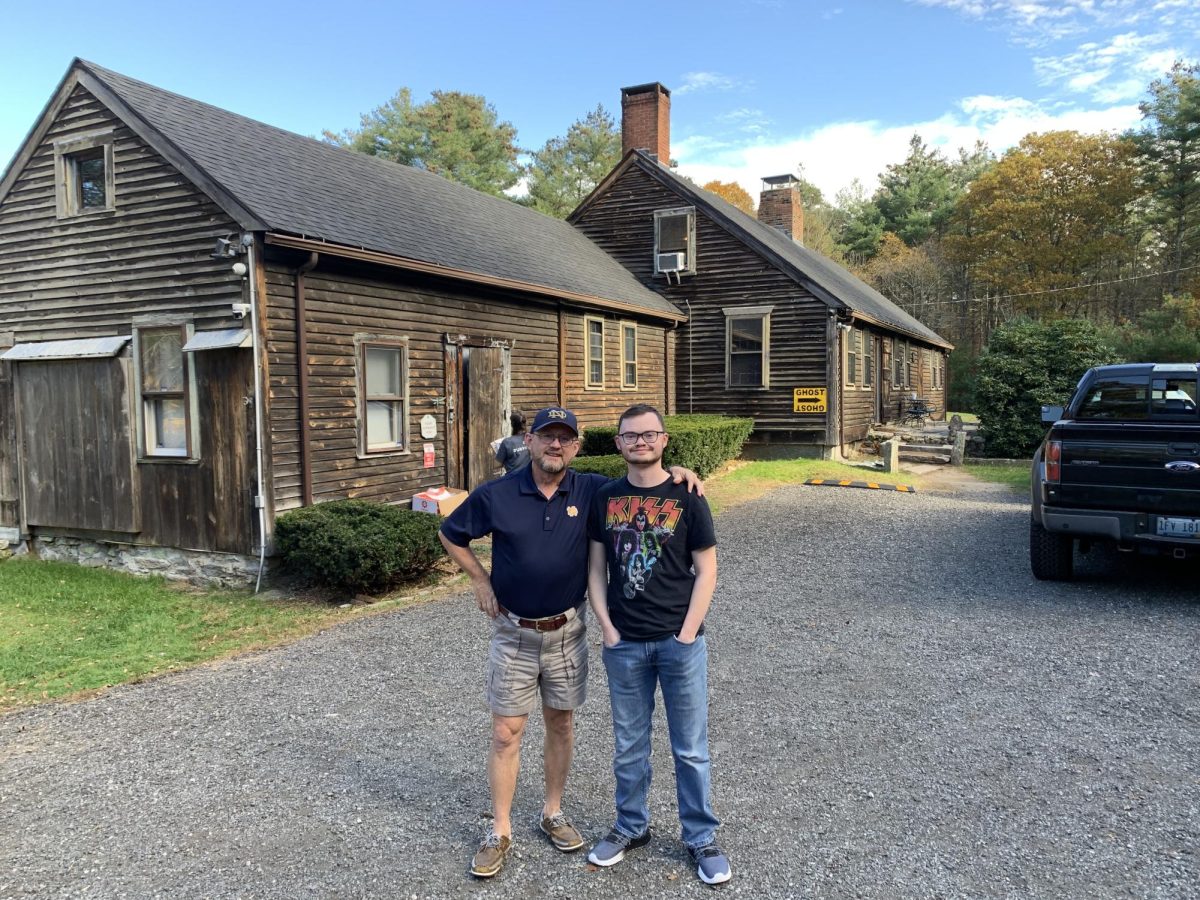
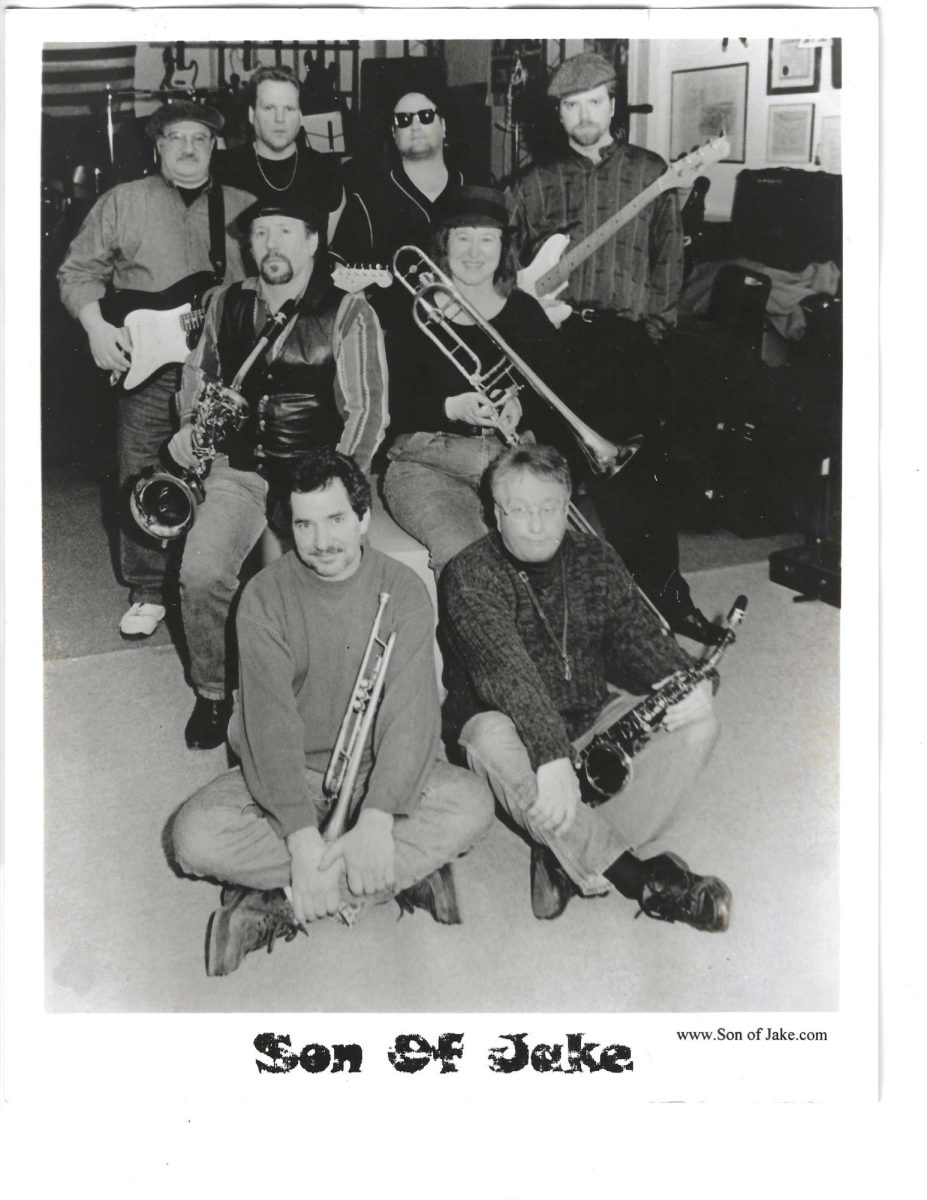
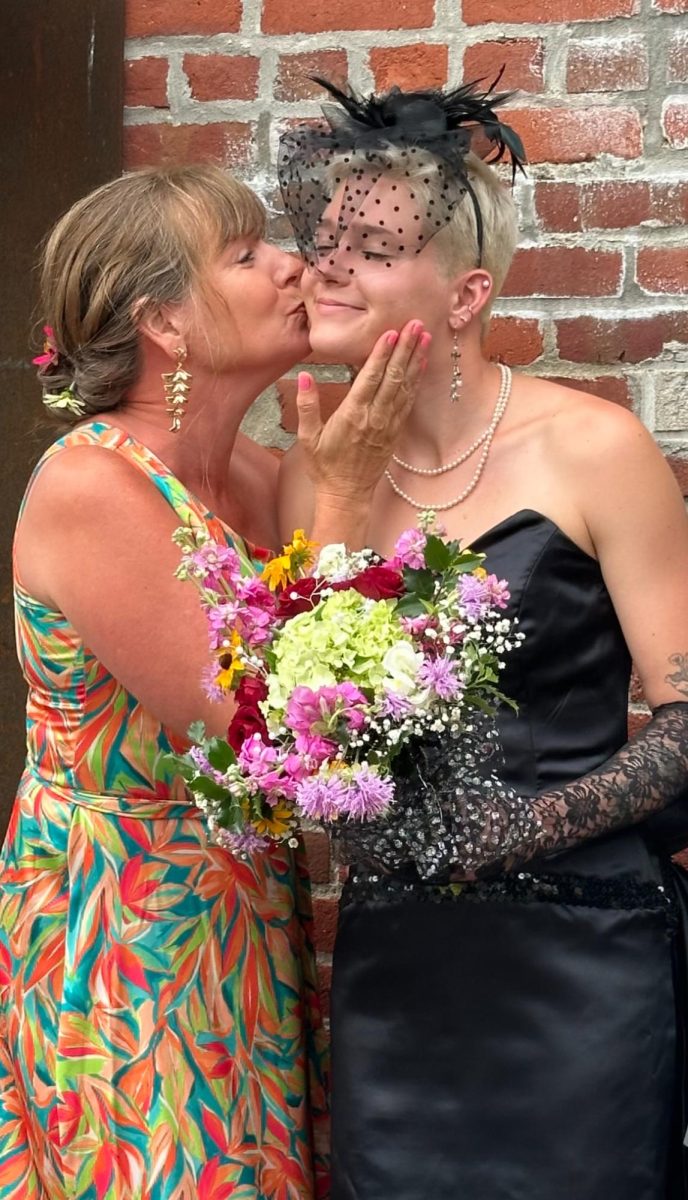
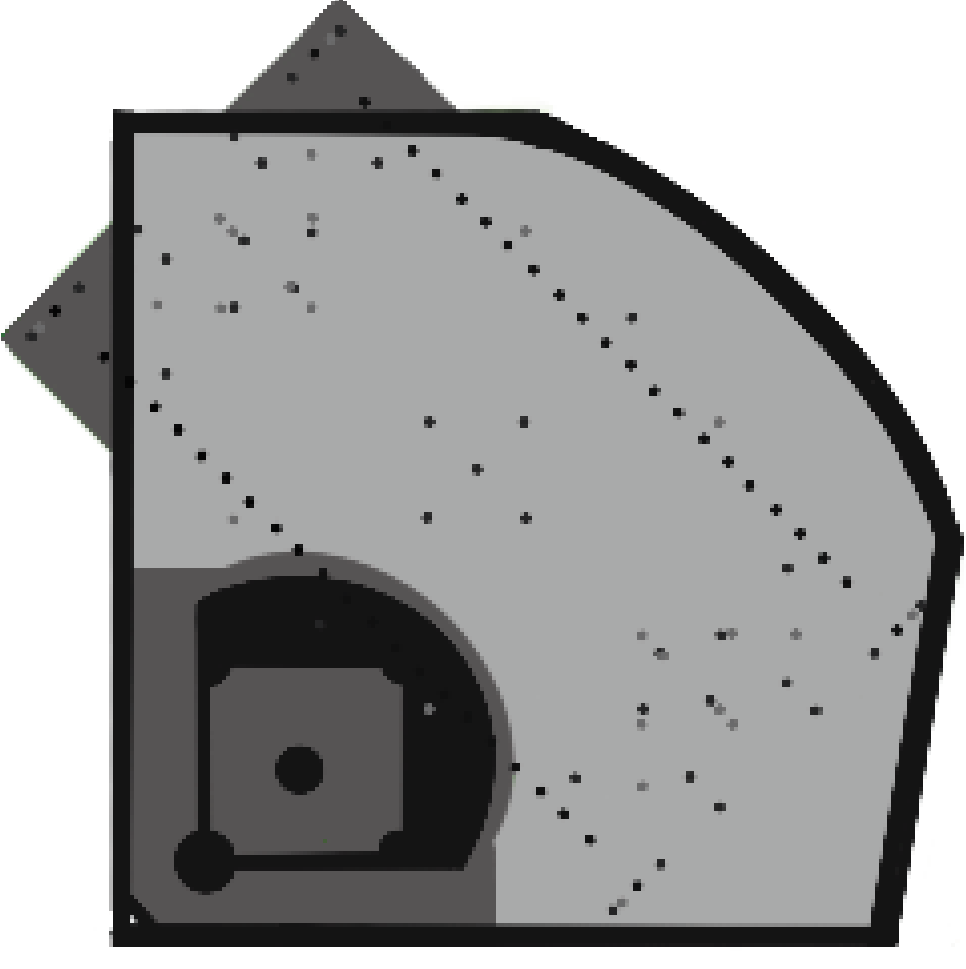
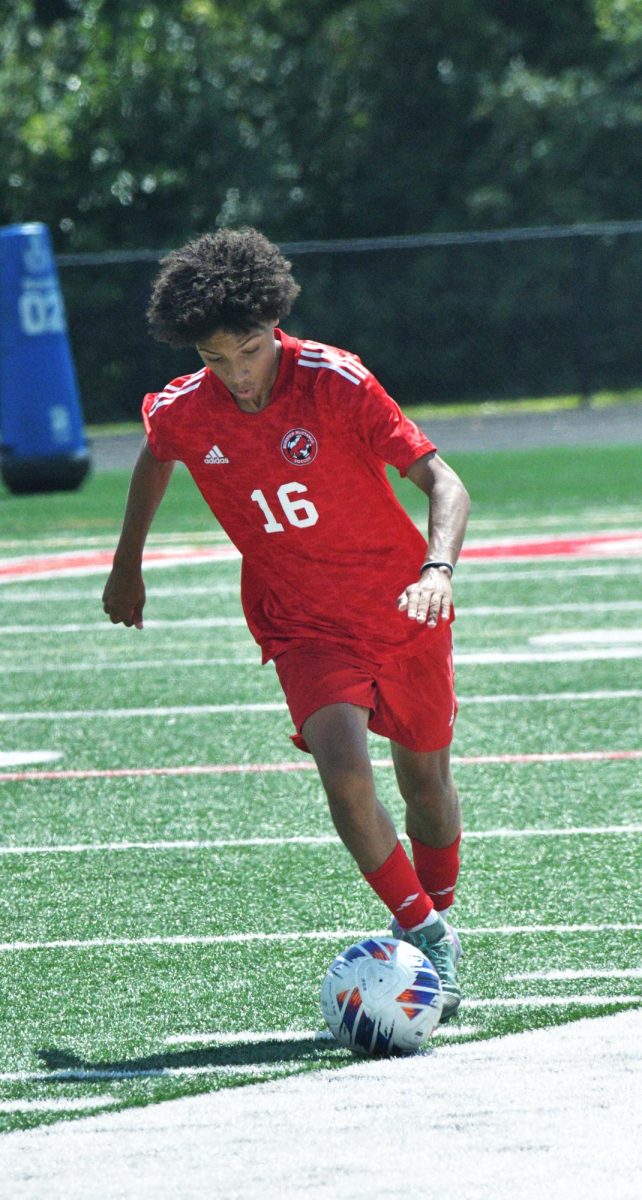
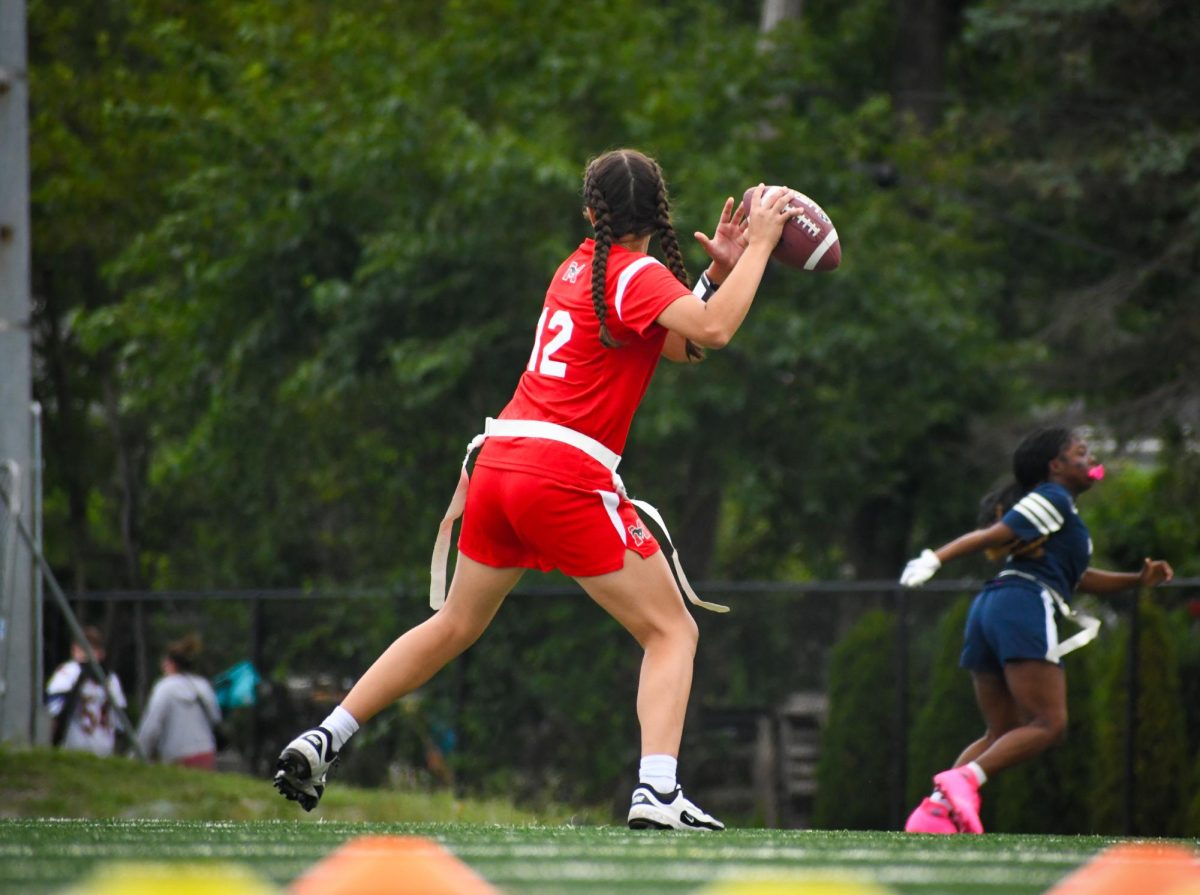
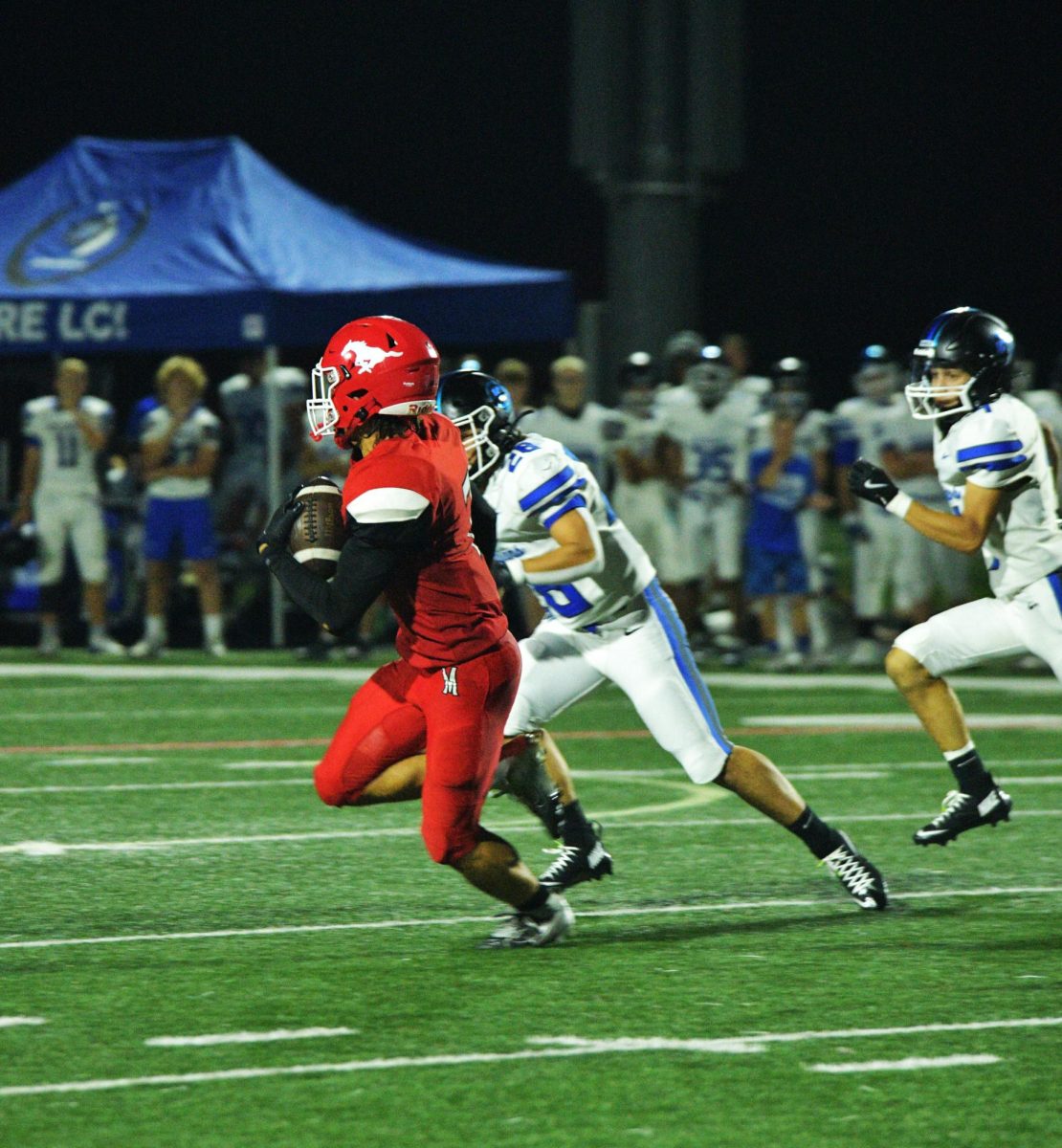
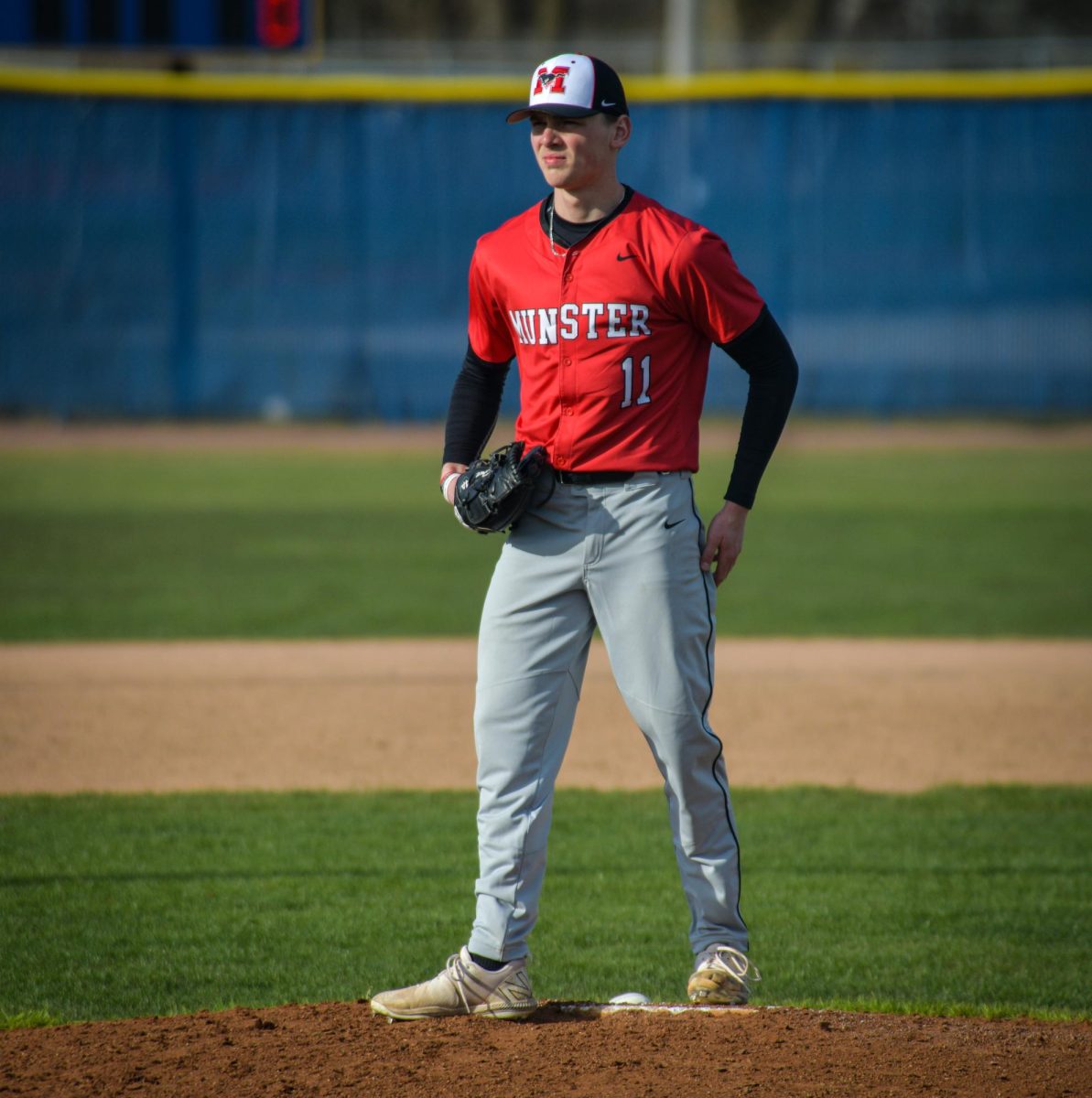
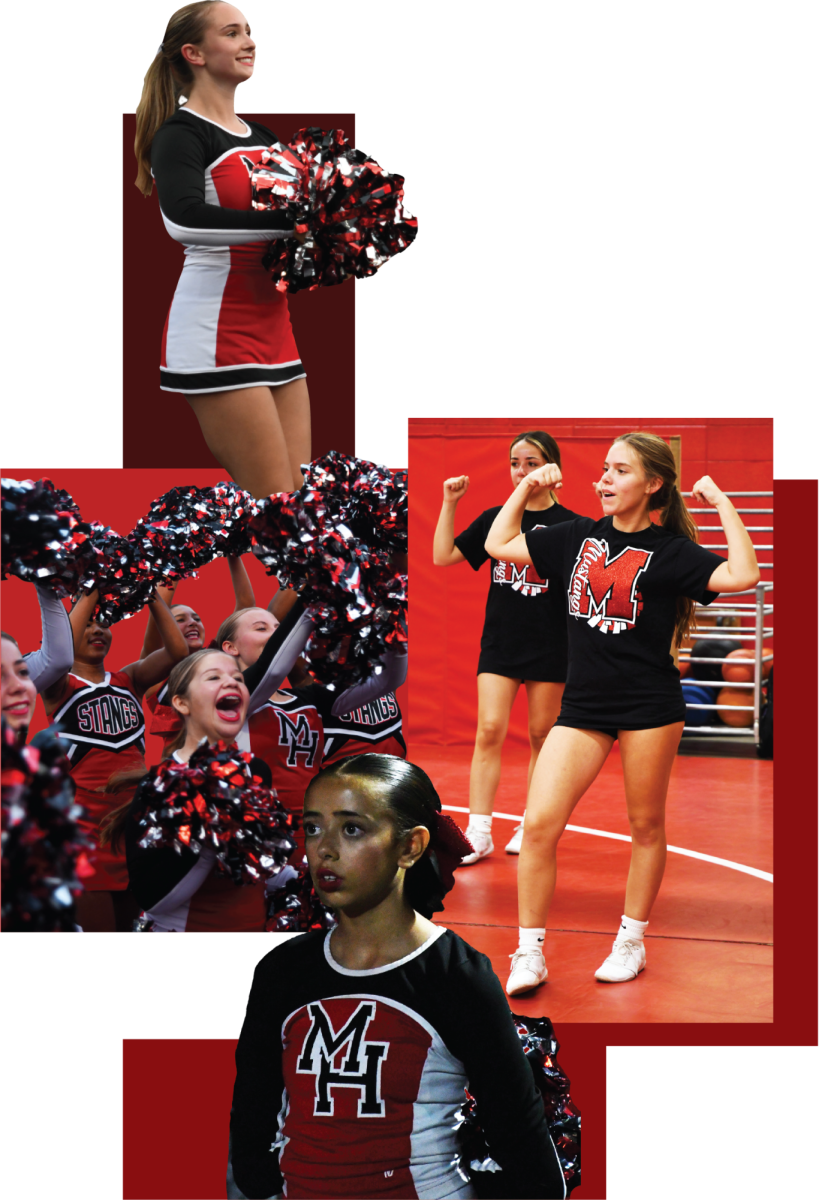
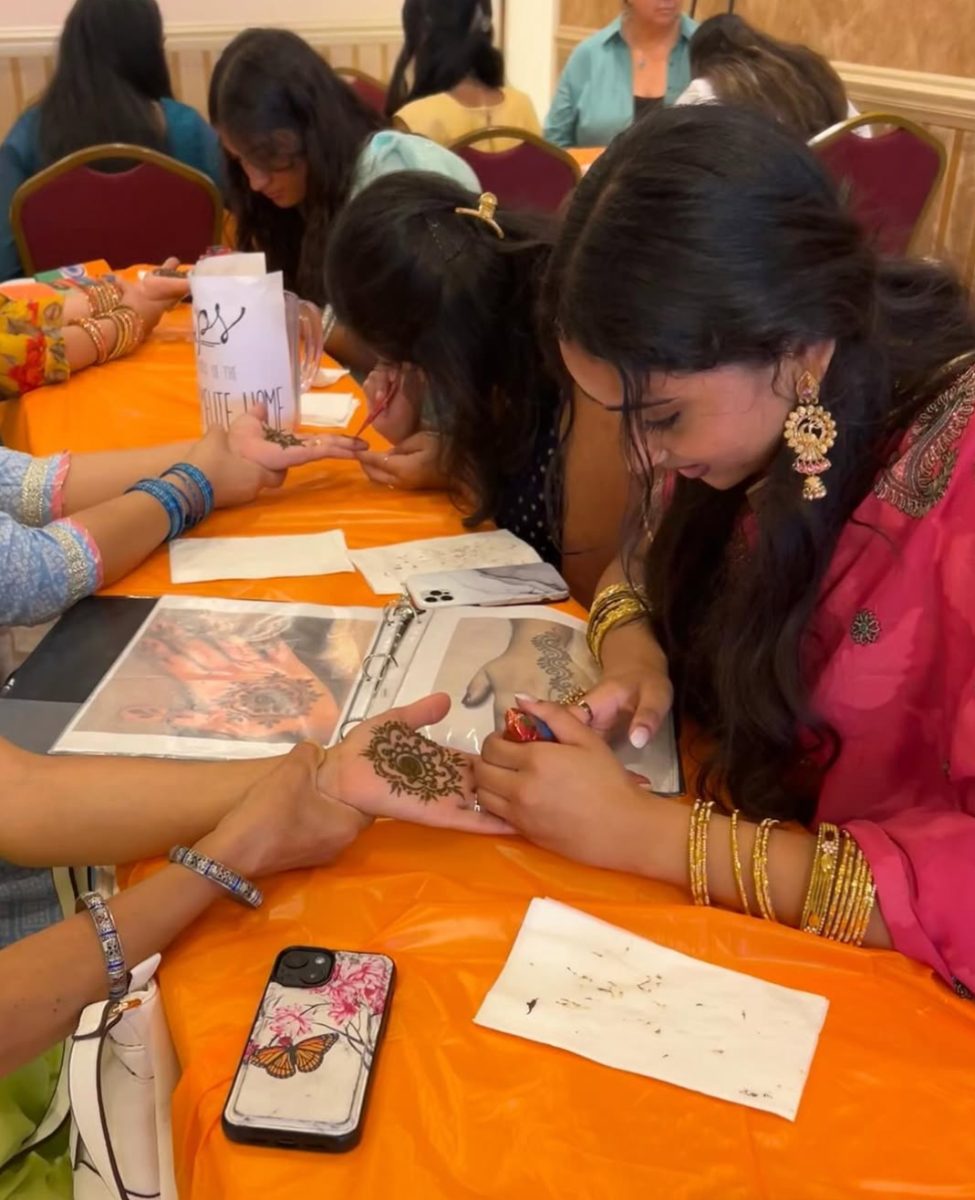
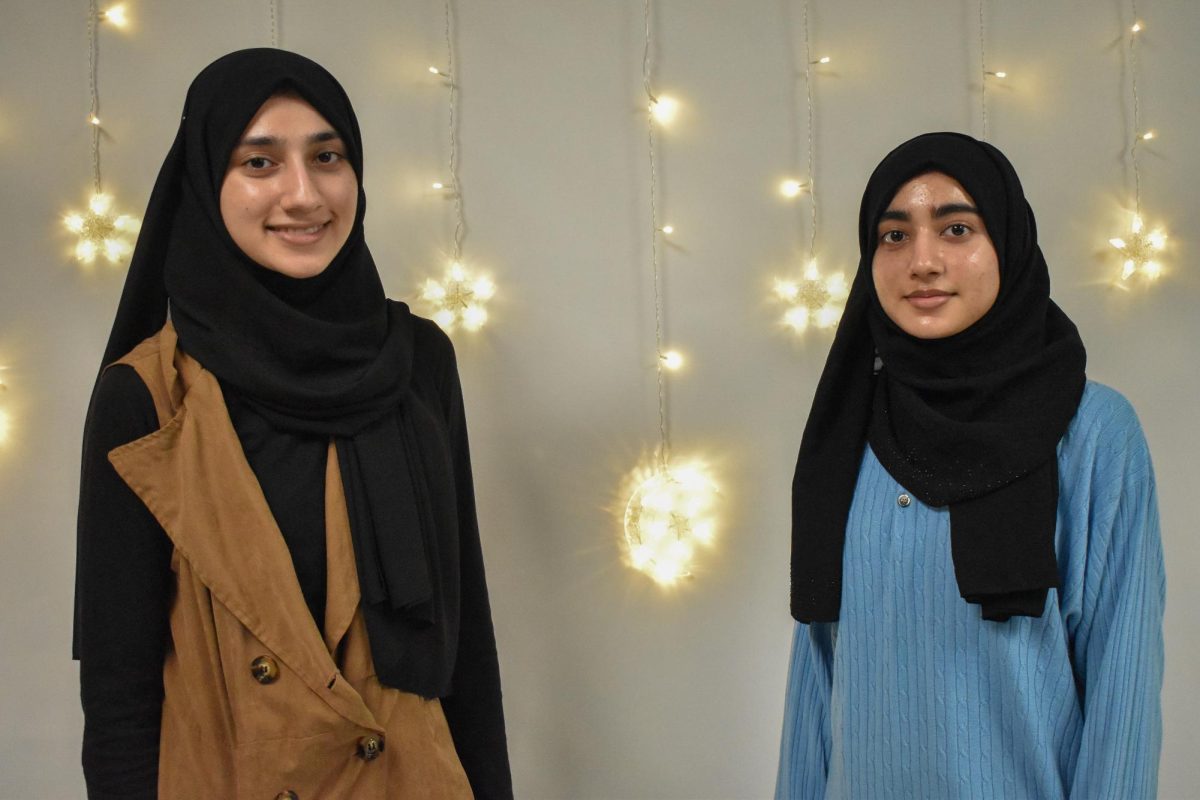
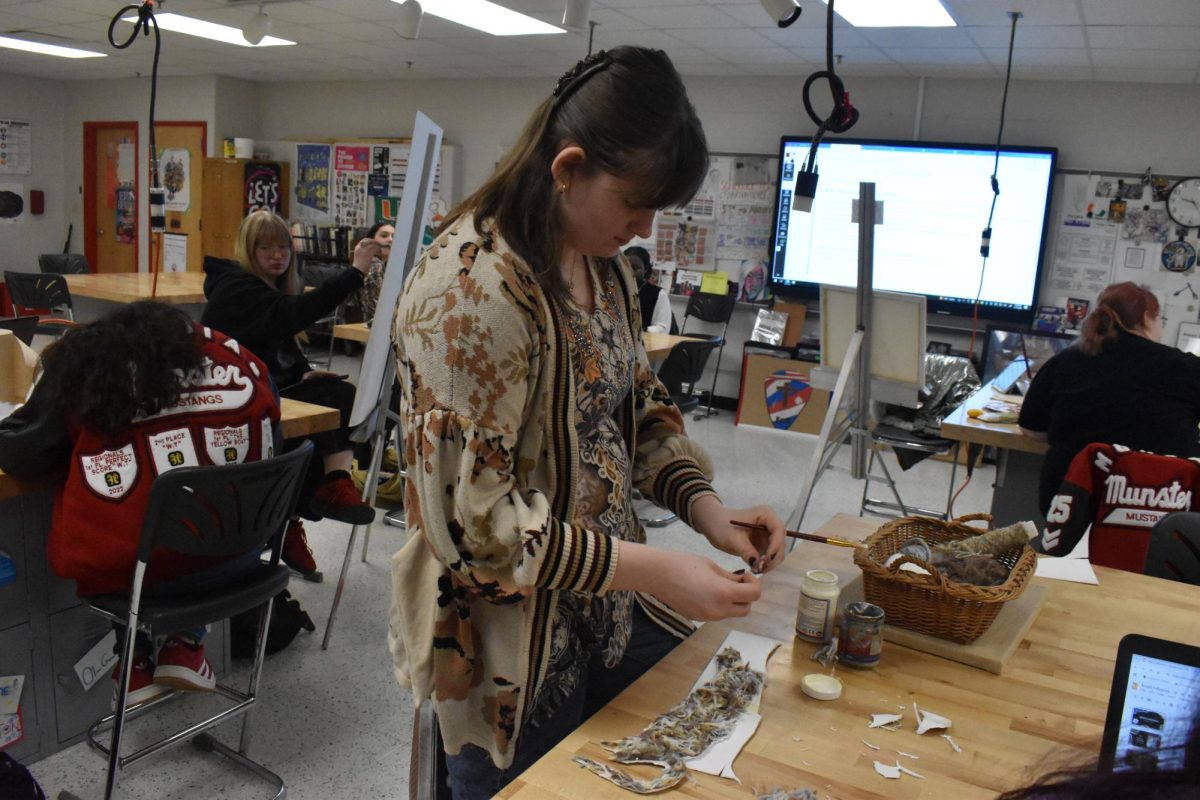

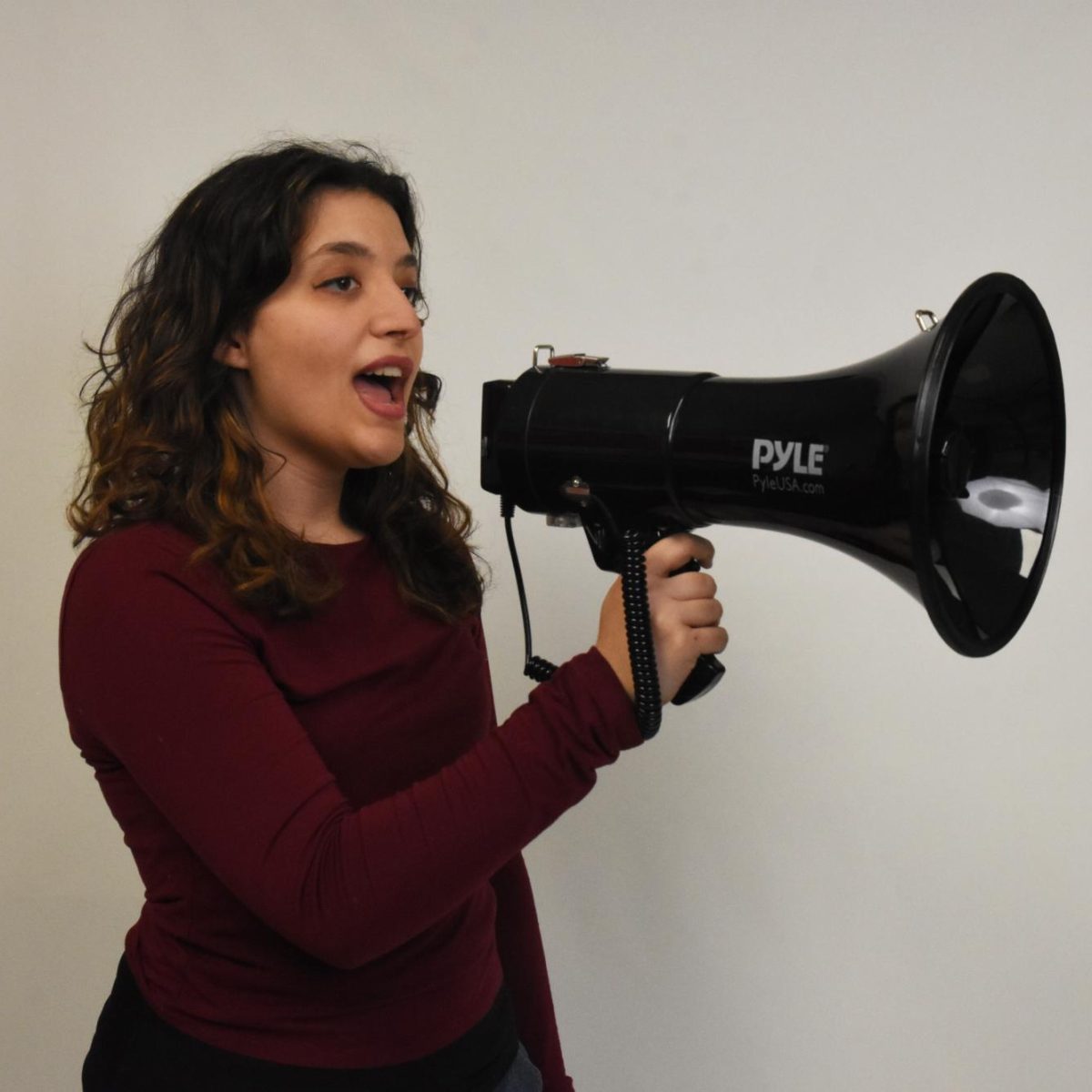
![SNAP HAPPY Recording on a GoPro for social media, senior Sam Mellon has recently started a weekly sports podcast. “[Senior] Brendan Feeney and I have been talking about doing a sports podcast forever. We love talking about sports and we just grabbed [senior] Will Hanas and went along with it,” Mellon said.](https://mhsnews.net/wp-content/uploads/2025/04/sam-892x1200.png)
